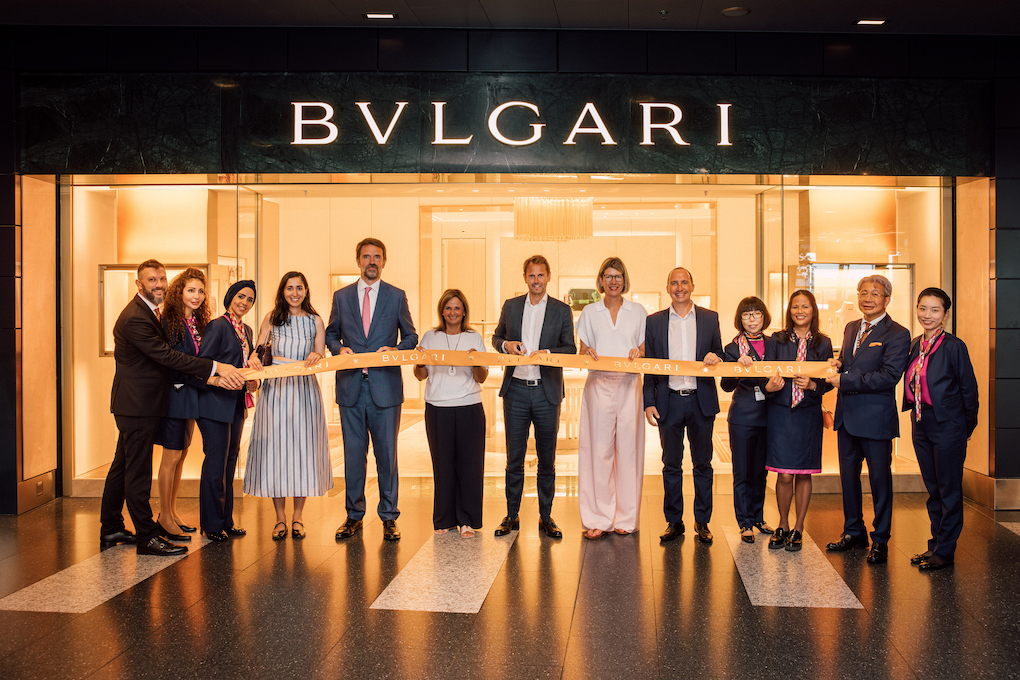EUROPE. The Central & Eastern European Travel Retail Association (CEETRA) held its latest bi-annual forum in a virtual format on 23 February, drawing 45 participants from across Central and Eastern Europe. Speakers from a cross-section of industry stakeholders shared best practice. The event took place just before the Russian invasion of Ukraine, which is set to have a big impact on CEETRA members.
Chairman Dr. Patrick Bohl emphasised the association’s role as “a dynamic and effective advocacy platform representing the interests of the region’s travel retail industry”.
He said: “We provide the means to obtain the most favourable trading environment, engaging with stakeholders, sharing best practice, and providing a platform to communicate within the industry and find common solutions.
“Covid-19 has been an unprecedented challenge to our industry. During the massive amount of legislation implemented, all too often the special needs of our industry could not be recognised. Our role is to make policymakers aware of the needs of our industry, as well as the economic opportunities it provides in terms of direct and indirect jobs. Also, CEETRA is an associate member of the European Travel Retail Confederation (ETRC) and benefits from all of the good work done in Brussels.”
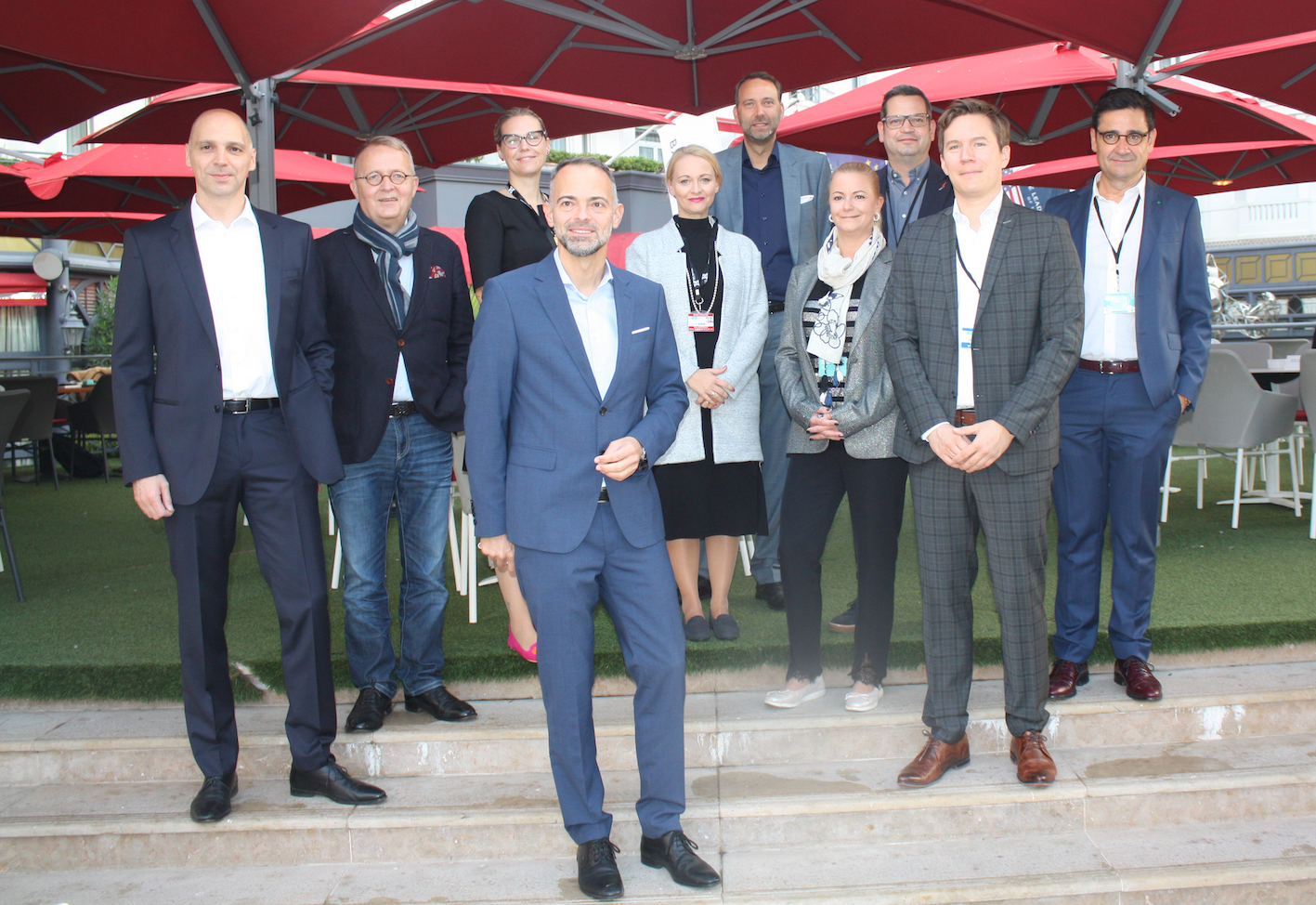
Smartseller: ‘A liquid passenger retail experience’
Karl Niendorf outlined how Smartseller – a joint venture between Gebr. Heinemann and casualfood – can become a partner in the travel retail market for medium-sized airports. Niendorf is Managing Director of Smartseller.
He said: “We pioneer a holistic approach to airport retail, not with a separate format but as a ‘liquid passenger retail experience’. We are rethinking airport retail by understanding shifting passenger needs and integrating new technical solutions to handle a great variety of retail requirements. Our focus is on airports with a high commitment to melt the barriers in duty free, F&B and specialised retail.”
Niendorf outlined how Smartseller merges rigid, category-centred assortments into four needs-oriented zones, creating easy transitions between products and services. “Our innovative all-in-one-solution ‘All Yours’ takes customers on a completely intuitive flow through an outlet,” he said.

Brands and sustainability
A panel discussion looked at the role and sustainable development of brands in travel retail.
Pernod Ricard Senior Customer Marketing Manager Sam Rawson highlighted how the perception of sustainability and responsibility has evolved. “Sustainability has moved away from being a trend to an essential part of what shoppers are expecting from brands and businesses,” he said.
“We are seeing younger consumers, especially those from Generation Z, adopting sustainable lifestyles more than any other group. This makes sustainability an issue that is important for business, as well as for the planet. As Generation Z accumulates wealth, they will become the primary consumers and sustainability considerations will need to become basic norms.”

In 2019, Pernod Ricard launched its 2030 Sustainability and Responsibility Roadmap called ‘Good Times from a Good Place’, with four key pillars: Circular Making, Responsible Hosting, Valuing People, and Nurturing Terroir. “As Pernod Ricard Global Travel Retail, we felt that Circular Making is where we could make the biggest contribution to the Group’s 2030 goal of reaching net zero carbon,” said Rawson.
“The development of our Lifecycle Analysis Tool is an industry first, which allows us to predict the impact of projects in a cumulative manner over their lifecycle stages, empowering us to assess the potential environmental impact of our retail activations, inform more sustainable merchandising strategies, and drive innovation.”
“We cooperated a lot with our largest travel retail partner, Heinemann, and there were many smart supply solutions we found to help them as well”
Nebojsa Cirjakovic, Engagement Manager Global Travel Retail, shared some of BAT’s Environmental, Social and Governance (ESG) priorities. These include: becoming carbon neutral across its operations by 2030, reducing the water consumption of its operations by 35% by 2025, and aiming for 100% of its plastic packaging to be reusable, recyclable or compostable by 2025. He also introduced corporate strategy to build ‘A Better Tomorrow’ by reducing the health impact of BAT’s business:
“Tobacco harm reduction is key priority for BAT,” said Cirjakovic. “In order to achieve this, we have a clear purpose to build ‘A Better Tomorrow’ by reducing the health impact of our business. This entails, among other things, committing to providing adult consumers with a wide range of enjoyable and less-risky products. Our ambition is to have 50 million consumers of our non-combustible products by 2030 and to accelerate the growth of our new category revenues at a faster rate than our total revenue, reaching £5 billion by 2025.”
Balázs Popescu, Export Manager of Hungary’s chocoMe, emphasised the measures taken, and lessons learned during the pandemic, including changes in the supply chain, managing production, lead times, cost-saving options for customers, and promotions for consumers.
“We cooperated a lot with our largest travel retail partner, Heinemann, and there were many smart supply solutions we found to help them as well,” he explained.
“One example is that we always produce our confectionery products fresh, never supplying from a warehouse. This means our partners have zero best-before issues with our products, which was a big plus when lead times slowed down. It led to an interesting situation where, at some of our airports, we are selling more products than we did before Covid, because those locations put a lot more focus onto our products as a result of our approach to production.”
Addressing emerging food trends
In a special presentation Maciej Gajkowski, CEO of Food Service, Lagardère Travel Retail – Poland, discussed ‘Food Service Trends in the Post-Covid World’, highlighting four key areas:
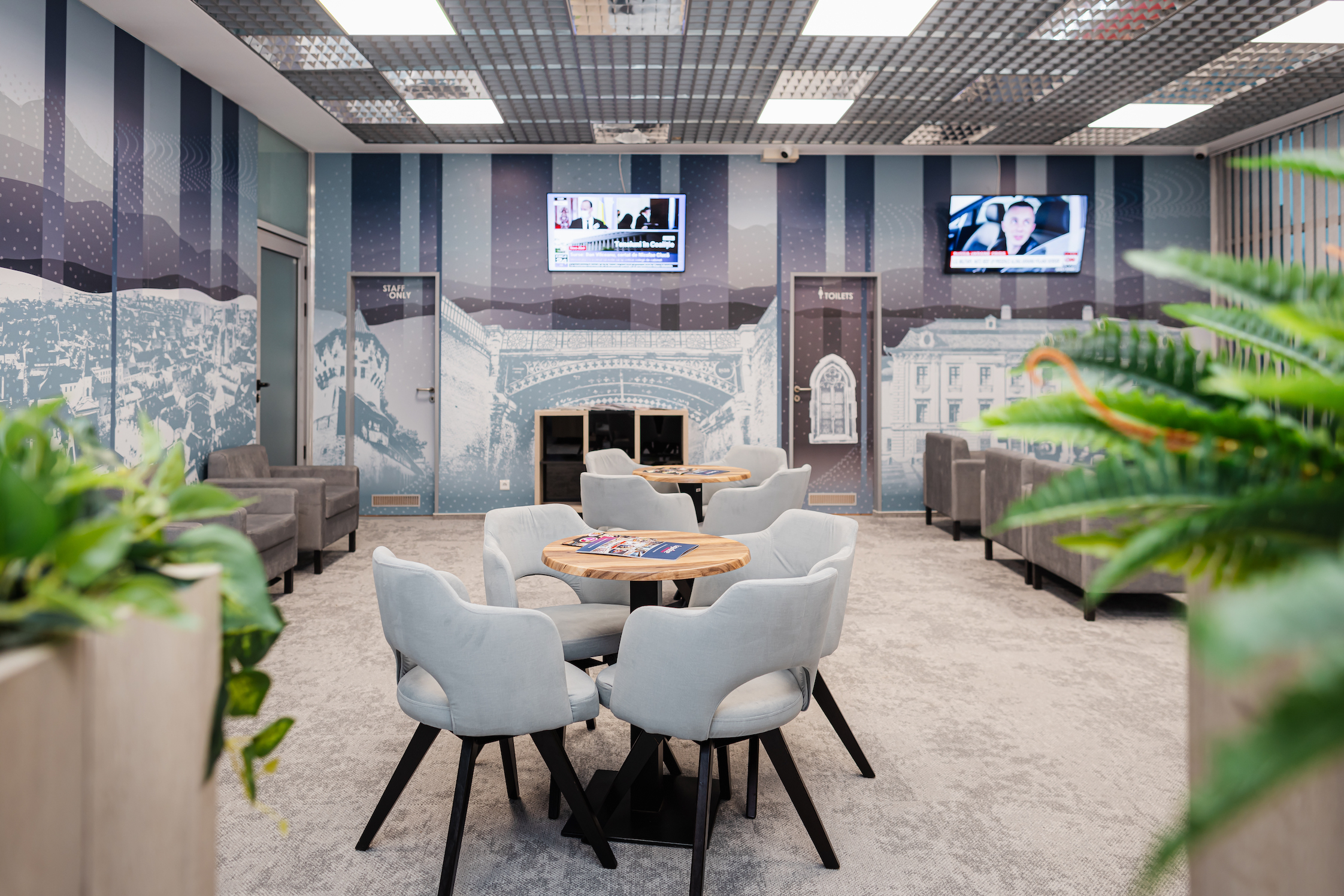
- Concept hybridisation and the need for a new table service approach. He said: “It is necessary to constantly deliver a new experience to travellers. Lagardère Travel Retail has the know-how to mix business lines and concepts. Covid-19 has sped up growth of one-stop retail solutions and we have seen weaker performance of table service restaurants compared with coffee bars and quick service restaurants.”
- New product trends influencing the menu: “We are riding the wave of new consumer trends, including non-dairy milk alternatives, vegetarian and vegan options, and non-alcoholic beers.”
- Digital – what really matters in the travel retail environment: “Lagardère Travel Retail is accelerating digital transformation to enhance the overall shopper experience, with digital tools for travellers to increase visibility and attract customers before their trip, deliver a seamless experience at the airport with speed of service and payment, and engage with them after their trip.”
- CSR – Lagardère Travel Retail’s strategic milestones: “We have a robust Corporate Social Responsibility strategy. Our long-term, science-based, cooperative and transparent strategy is structured around four pillars: Planet, Ethics, People and Social. They cover every aspect where we, as a business, can make a difference.”
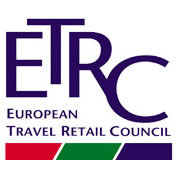 The ETRC view
The ETRC view
Julie Lassaigne, Secretary General of the European Travel Retail Confederation (ETRC), updated CEETRA delegates on various developments affecting the travel retail and duty free sector in Europe, focusing on four areas:
- Restart of international travel: “We can expect a steady recovery of international travel from Covid restrictions in 2022. The EU Council has adopted a Recommendation that says Member States should accept all travellers fully vaccinated with EU-approved vaccines. Additionally, it says travellers fully vaccinated with other WHO-listed vaccines, and recovered travellers, should also be allowed to travel into the EU, either without any restrictions or only with the requirement of a negative pre-departure PCR test. We welcome this and call for Member States to implement harmonised adoption of the Recommendation. There is a clear trend away from a country-based approach towards a traveller-based approach, considering the health status of individuals rather than the epidemiological situation in a given country.”
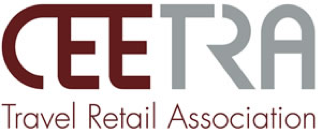 Digital Labelling: “This is one of the topics on which ETRC is very active. We see EU legislation beginning to be updated in order to allow digital means as a legal way to provide mandatory product information to consumers. The category most urgently-impacted is food and alcohol – the European Commission has opened a public consultation, with a view to releasing a legislative proposal by the end of the year to review The Food Information for Consumers Regulation, which defines provisions for food and alcohol labelling in the EU. We have our own digital labelling project within ETRC called Duty Free Label. This project has been extended and we are now in discussions with our members to agree the way forward.”
Digital Labelling: “This is one of the topics on which ETRC is very active. We see EU legislation beginning to be updated in order to allow digital means as a legal way to provide mandatory product information to consumers. The category most urgently-impacted is food and alcohol – the European Commission has opened a public consultation, with a view to releasing a legislative proposal by the end of the year to review The Food Information for Consumers Regulation, which defines provisions for food and alcohol labelling in the EU. We have our own digital labelling project within ETRC called Duty Free Label. This project has been extended and we are now in discussions with our members to agree the way forward.”- Cross-border shopping: “The European Commission is proposing to change the guide levels of cross-border acquisitions of alcohol and tobacco goods that can be carried by private individuals within the EU. This is very much the duty-paid category. We anticipate that the European Commission will publish an indirect taxation package on 18 May 2022.”
- January to September 2021 summary: “Travel retail sales are recovering at a quicker rate than international passenger numbers, with year-to-date sales growth of +8.8% versus 2020. Q3 2021 saw a significant rate of recovery. Growth has been experienced in all product categories. Spend per passenger grew significantly in 2021, with an increase of +14% in 2021 year-to-date versus 2019.”
CEETRA will hold its next Annual General Meeting in a live format in April.








